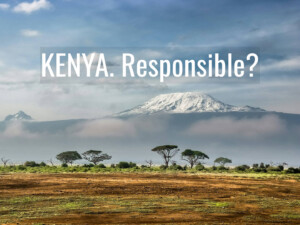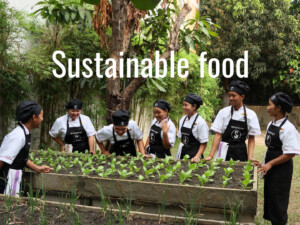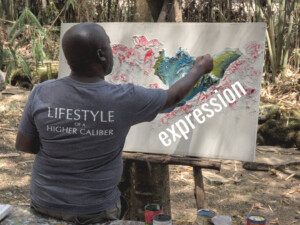Delicious, nutritious, precious: Nigeria’s ‘Slow Food’ travel & tourism potential
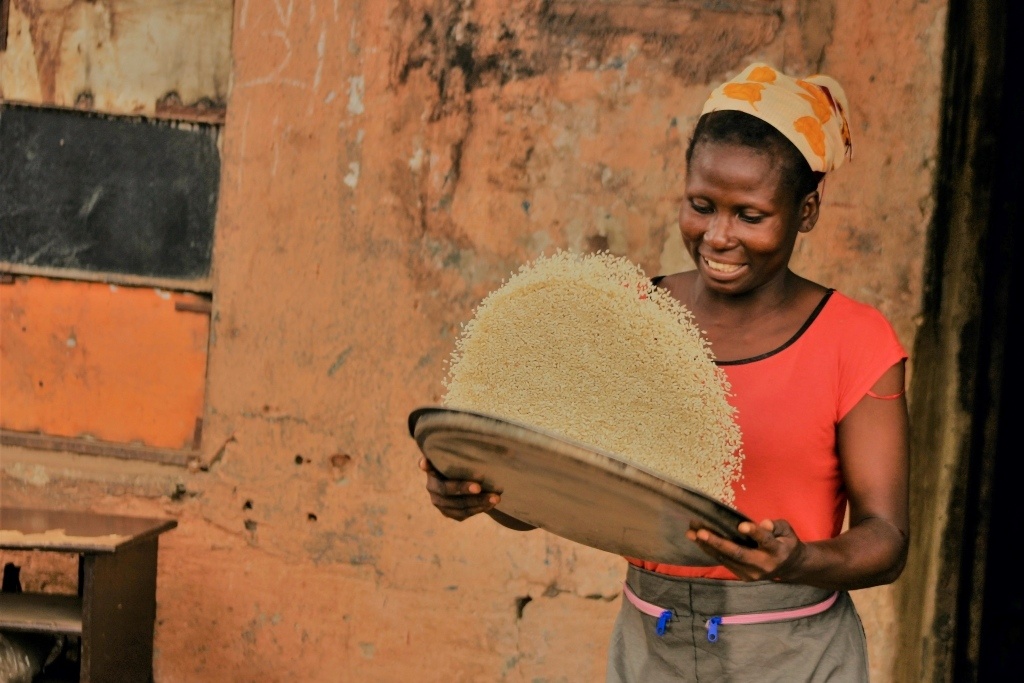
Slow Food has found support in Nigeria. With its potential to contribute to a culture of sustainability, as well as to visitors’ experiences, might Slow Food be a welcome addition to tour itineraries there?
Adenike Adebayo thinks so.
It’s a “Good Tourism” Insight.
[Thanks to Jim Butcher for inviting Dr Adebayo to write a “GT” Insight.]
Gastronomy and good food experiences can enhance the attractiveness of any destination. In recent years, there has been a strong recognition of the opportunities that local food presents to tourism destinations.
Much of the time, when tourists think about travelling to Nigeria, or any other country in Africa, it is to experience wildlife on safari. However, one of the best ways to experience culture in Nigeria, or anywhere else, is through food.
Nigerian cooking is renowned and distinctive, and potentially a real tourism asset.
The Slow Food movement is gaining popularity in Nigeria with 34 communities and convivia (local chapters) acknowledged by the international organisation. Slow Food convivia typically comprise anyone with a passion for food production and consumption, including fishers, farmers, activists, academics, and producers.
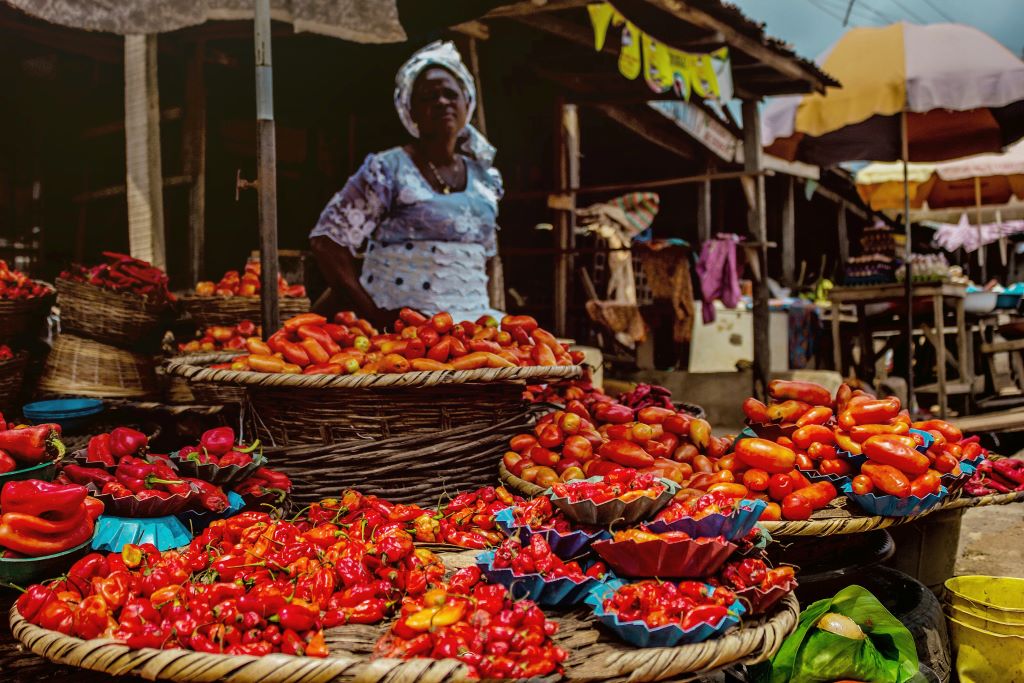
The international Slow Food movement was founded in 1989 to counteract the disappearance of local food brought about by our modern, convenience-oriented society. The forerunner to Slow Food arose in Rome, Italy three years earlier to resist the opening of a golden arches near the Spanish Steps.
Slow Food is an internationally recognised label aimed at those who have an interest in gastronomy. The three tenets of Slow Food’s philosophy can be boiled down to the words ‘good’, ‘clean’, and ‘fair’ according to its Manifesto for Quality, as follows:
1) Good. A food’s flavor and aroma, recognizable to educated, well-trained senses, is the fruit of the competence of the producer and of choice of raw materials and production methods, which should in no way alter its naturalness.
2) Clean. The environment has to be respected and sustainable practices of farming, animal husbandry, processing, marketing and consumption should be taken into serious consideration. Every stage in the agro-industrial production chain, consumption included, should protect ecosystems and biodiversity, [and safeguard] the health of the consumer and the producer.
3) Fair. Social justice should be pursued through the creation of conditions of labor respectful of man and his rights and capable of generating adequate rewards; through the pursuit of balanced global economies; through the practice of sympathy and solidarity; through respect for cultural diversities and traditions.
Excerpt from Good, Clean and Fair: the Slow Food Manifesto for Quality (2015, PDF hosted offsite)
Fast food’s twists & turns in Nigeria

Fast food has been criticised for issues around food quality, the loss of valued local food cultures, and even for contributing to obesity and other health issues. This is as true in Nigeria as anywhere else.
Global fast food culture is in evidence in Nigeria’s bustling towns and cities, not least in our chaotic mega-city of Lagos. There are no McDonald’s franchises in Nigeria, but there are a host of other foreign and local chains offering fast fare to those in a rush.
While some of the fast food outlets offer a Nigerian twist — Nigeria’s own Tantalizers and Mr Bigg’s chains give the odd nod to Nigerian dishes among their fried chicken meal deals — local cuisines have suffered in places where fast food has a foothold.
Food culture & heritage in Nigeria
Why not promote Nigeria’s Slow Food to both domestic and foreign tourists?
The status of cuisine as intangible cultural heritage is important, and is now recognised by UNESCO. For example, in December 2020 the production and consumption of couscous was inscribed on UNESCO’s list of Intangible Cultural Heritage.
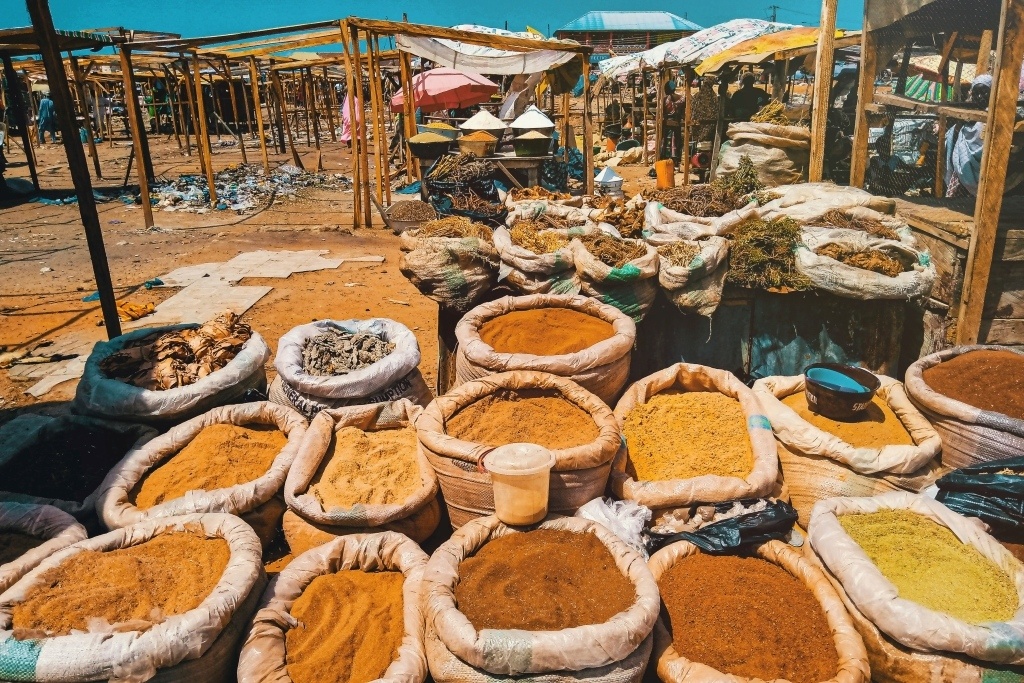
Slow Food advocates can help to create awareness around preserving local culture and food. This will not only benefit local people, but could contribute to the UN’s sustainability agenda, particularly around ‘Responsible Consumption and Production’.
As they already promote production and consumption that conserve something valuable in the country’s food culture, Nigeria’s 34 Slow Food communities and chapters may be helpful in introducing good, clean, and fair local fare to tourists’ itineraries.
Nigeria’s ofada rice: Delicious, nutritious, precious
One of Nigeria’s Slow Food convivia focuses on supporting ofada rice farmers to improve the supply chain and farming system of the traditional rice.
Ofada rice is local to southwest Nigeria. It was first produced in Ofada, Ogun State in the 1940s, hence its name. Since then, ofada rice has been produced in other states in southwest Nigeria.
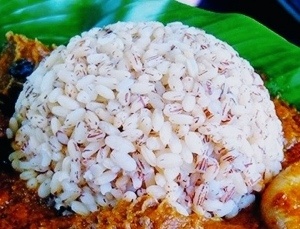
Ofada rice is unpolished. It retains some bran, which strengthens the flavour and makes it more nutritious. It sometimes goes through a fermentation process, which adds an aromatic quality.
The rice is usually produced on a small scale, hence it is more expensive when compared to other varieties of rice available in the country. Nevertheless it is enjoyed for its nutritional benefits by many people.
Traditionally, ofada rice is served in uma leaf (Thaumatococcus daniellii), with a sauce called ayamase made with local ingredients like locust beans and assorted meat.
Sustainable food culture, sustainable food tourism in Nigeria
Achieving food sustainability necessitates acknowledging the close interdependence of different aspects of food production and consumption, including the economic, environmental, and socio-cultural dimensions.
Potentially, such understanding can contribute to protecting biodiversity, encouraging small-scale production and safeguarding local knowledge, traditions, and culture.
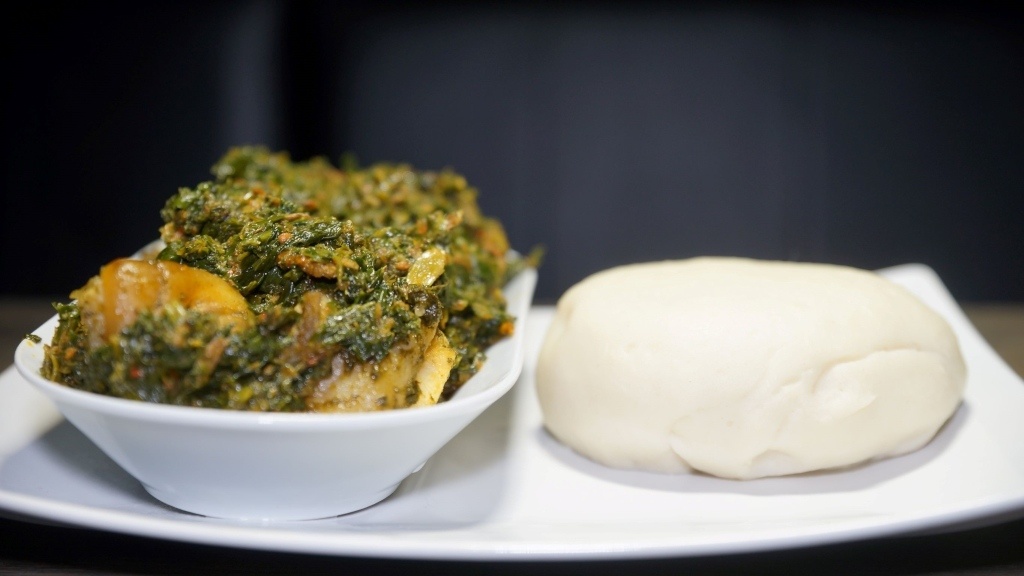
In the Nigerian context, a growing sustainable food (and Slow Food) culture may be a neglected asset in developing a thriving tourism sector.
Agree? Disagree? What do you think? Share a short anecdote or comment below. Or write a “GT” Insight of your own. The “Good Tourism” Blog welcomes diversity of opinion about travel & tourism because travel & tourism is everyone’s business.
Featured image (top of post): Ofada rice from southwestern Nigeria is usually produced on a small scale. It is more expensive as a result. Image by Stephen Olatunde (CC0) via unsplash.
About the author

Adenike Adebayo is a senior lecturer in the Department of Tourism and Events at Liverpool John Moores University, UK. Dr Adebayo was awarded her PhD in Tourism Management from Canterbury Christ Church University in 2018. Her research explored tourism policy and governance in Nigeria. Adenike’s work focuses on sustainable tourism, destination marketing, tourism governance, and tourism and event policies.


